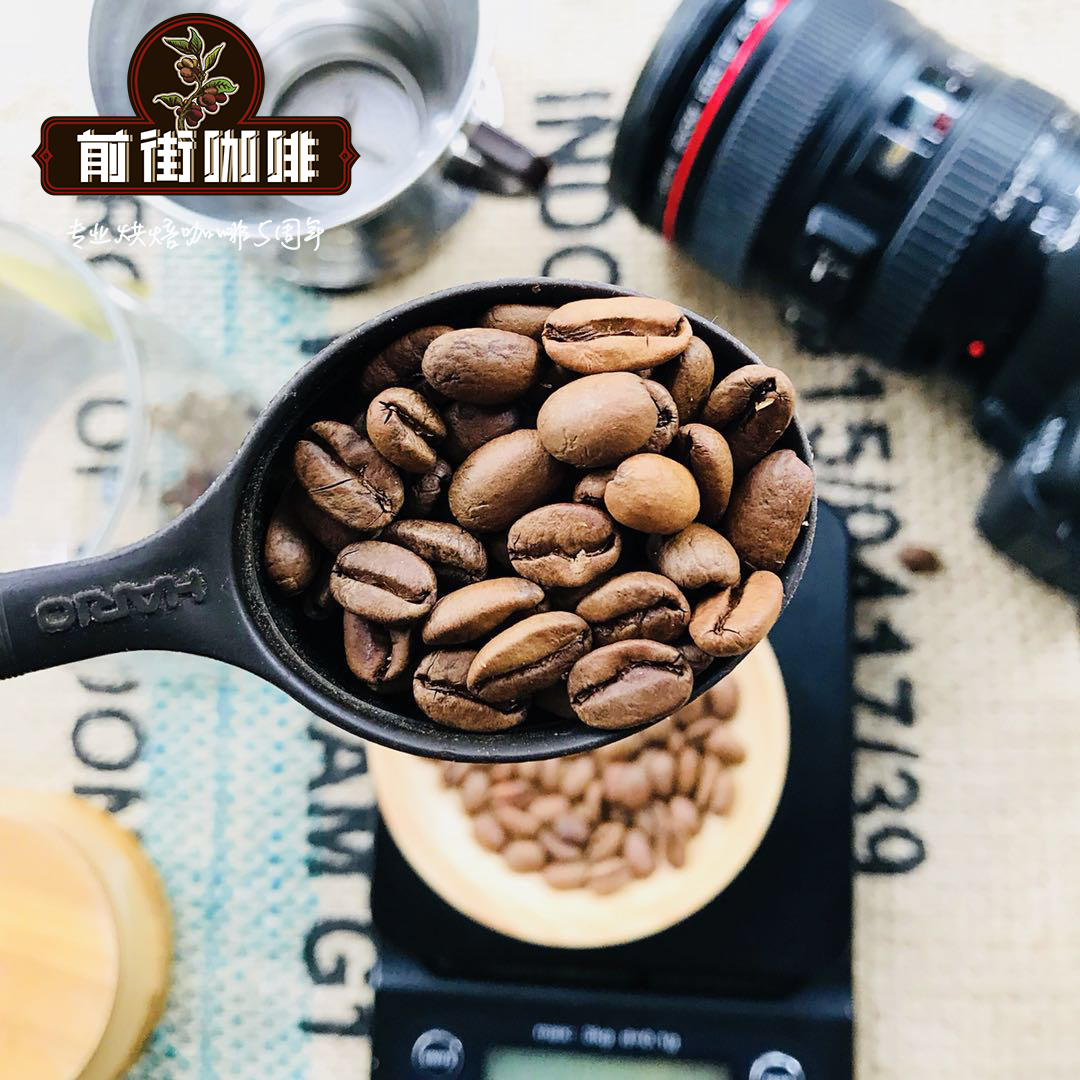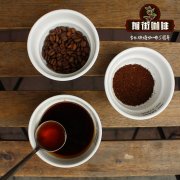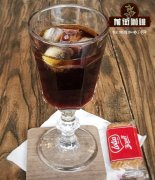Uganda Kawacom kavamy processing TOH bidding batch _ recommendation of African boutique bidding coffee beans

Professional coffee knowledge exchange more coffee bean information please follow the coffee workshop (Wechat official account cafe_style)
Every year, major coffee producing countries in Africa hold a national raw bean competition called "The Taste of Harvest; TOH", similar to the Cup of Excellence in Central and South America. TOH has become an arena for discovering the best coffee in Kenya, Ethiopia, Uganda and Congo.
The 2017 Harvest season Flavor Competition in Uganda was won by the Kawa Cooperative / Cabewa (Kawacom/Kabeywa).
Many people think that Uganda only produces Robusta, but in the Mount Elgon region of Uganda's eastern Kapchorwa province, which borders Kenya, coffee is as good as boutique Kenya. The Kawa Farmers' Cooperative (Kawacom Farmers' Group), which won the harvest season, is located in Aigang Mountain. It was founded in 2000 and has grown from 5000 farmers at first to more than 10, 000 farmers now. The scale of individual farmers is very small, with coffee trees ranging from 200 to 500, mixed with other crops such as bananas and soybeans, with an average farmland of only 0.5 hectares. in the past, farmers tended to use crude peeling machines to deal with fresh cherries, and after Kawa built a first-class washing plant, he strongly persuaded farmers to send cherries to the central processing plant to improve their quality.
The varieties planted by Ugandan farmers are SL14 and SL28,SL, which come from the research and development and selection of Scott Lab. Kenyan coffee is famous for SL28 and SL34, so the Ugandan government vigorously promotes and distributes SL seeds to farmers. Among them, SL14 not only has good flavor and drought resistance, but also can be harvested after planting for two years, which meets the needs of farmers.
Aigang Mountain is a still volcano. It is said that it was once the highest peak in Africa. Local people believe that gods live on the top of the mountain, far beyond the reach of mortals. When the gods are happy, there is plenty of rain and dew, the whole hillside benefits, everything grows and is green. Kawa members' coffee gardens are scattered in Aigang Mountain. After the volcanic activity ceased, a huge volcanic crater was formed at the top of Aigang Mountain, which was then saved into a lake and diverted streams to irrigate crops on the hillside. During the rainy season, the stream rises sharply, forming a spectacular waterfall, of which the waterfall of "Sipi" is the largest, falling 200m.
The Kawa Cooperative is the first organization in Africa to participate in the Organic Sustainability Program, which was launched in 2002 and became the first coffee in Africa to receive UTZ CERTIFIED certification. Compost is used for good shading. Kawa's washing plant is equipped with first-class equipment and focuses on handling cherries sent by farmers. on the same day, the peel and pulp are mechanically removed and strict washing procedures are followed. Kawa collects cherry fruits from nearby farmers at nine locations and names them at different elevations and collection points. Kawa, who won the championship this season, was collected in "Kabeywa", the runner-up beans also came from Kawa, and the collection point was in Masira. In fact, different batches of Kawa in the new production season in 2017 won seven of the top 10 in TOH, including the first three, which are all different batches of "Kawahibi", which is incredible!
Starting from 2015, Kawa not only does washing treatment, but also does micro-batch honey treatment, first removing unqualified floating beans, and then drying in the sun for 3 weeks, during which the fresh fruit is constantly turned to avoid fermentation or mildew to achieve a very clean and rich flavor.
END
Important Notice :
前街咖啡 FrontStreet Coffee has moved to new addredd:
FrontStreet Coffee Address: 315,Donghua East Road,GuangZhou
Tel:020 38364473
- Prev

Introduction of boutique coffee beans in Xibi Falls Manor, Uganda _ dry fermentation water washing Ugandan coffee flavor
Professional coffee knowledge exchange more coffee bean information please follow Coffee Workshop (Wechat official account cafe_style) Uganda Coffee-Shibi Falls washing Rainforest Certification Uganda Sipi Falls Organic RFA Washed Uganda Coffee Story from Kapchorwa District, Cheema Village, eastern Uganda. The area is very close to Mt. Elgon National Park
- Next

Uganda Maliba Mariba sunburn TOH2# coffee bean story-how do Uganda coffee beans taste?
Professional coffee knowledge exchange more coffee bean information please pay attention to the coffee workshop (Wechat official account cafe_style) Aigang Mountain is a stationary volcano, it is said that it was once the highest peak in Africa, the local people believe that the gods live on the top of the mountain, far beyond the reach of mortals, when the gods are happy, the rain and dew are sufficient, the whole hillside benefits, all things grow, green, Kawa members' coffee garden
Related
- Detailed explanation of Jadeite planting Land in Panamanian Jadeite Manor introduction to the grading system of Jadeite competitive bidding, Red bid, Green bid and Rose Summer
- Story of Coffee planting in Brenka region of Costa Rica Stonehenge Manor anaerobic heavy honey treatment of flavor mouth
- What's on the barrel of Blue Mountain Coffee beans?
- Can American coffee also pull flowers? How to use hot American style to pull out a good-looking pattern?
- Can you make a cold extract with coffee beans? What is the right proportion for cold-extracted coffee formula?
- Indonesian PWN Gold Mandrine Coffee Origin Features Flavor How to Chong? Mandolin coffee is American.
- A brief introduction to the flavor characteristics of Brazilian yellow bourbon coffee beans
- What is the effect of different water quality on the flavor of cold-extracted coffee? What kind of water is best for brewing coffee?
- Why do you think of Rose Summer whenever you mention Panamanian coffee?
- Introduction to the characteristics of authentic blue mountain coffee bean producing areas? What is the CIB Coffee Authority in Jamaica?

